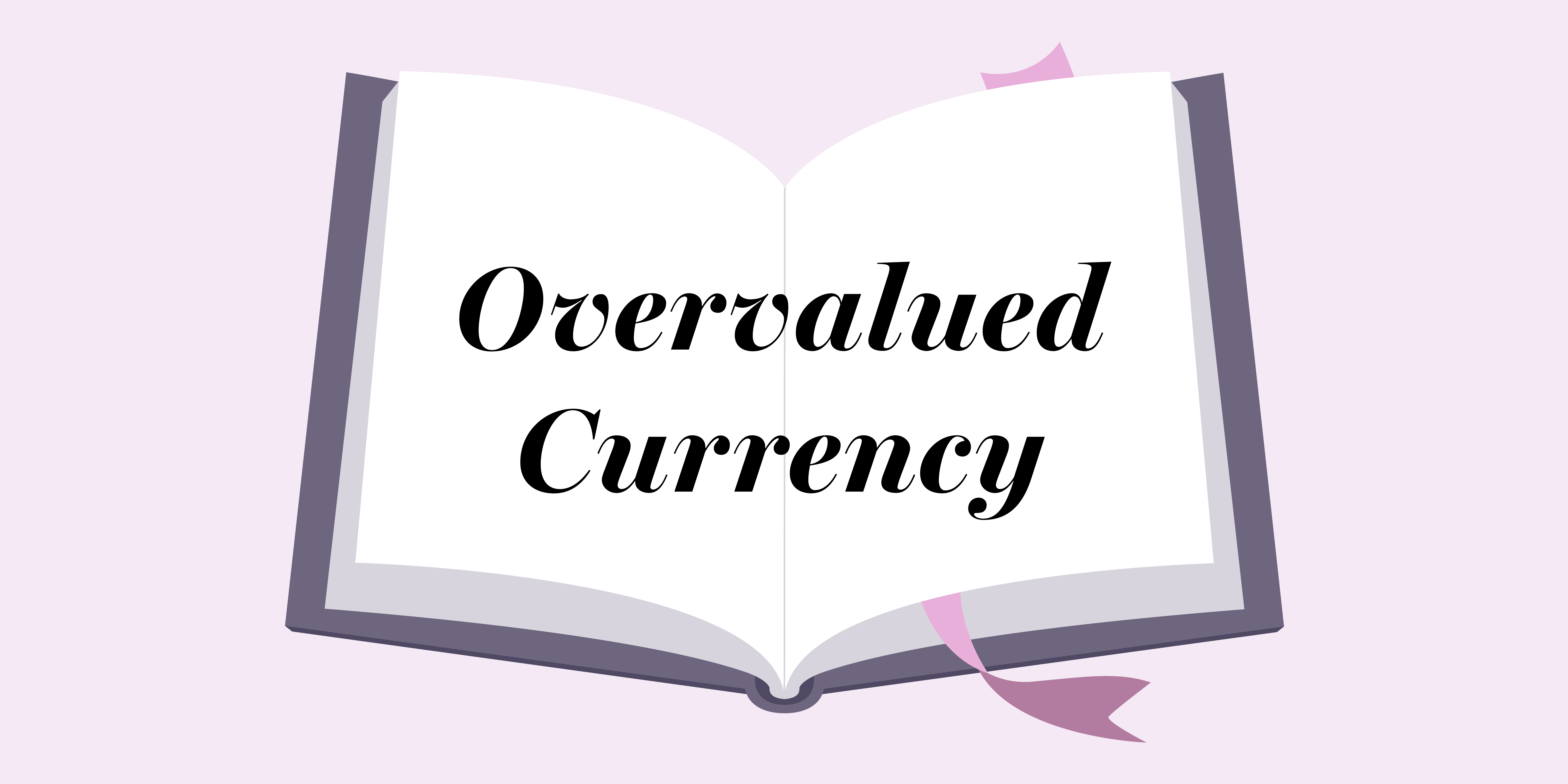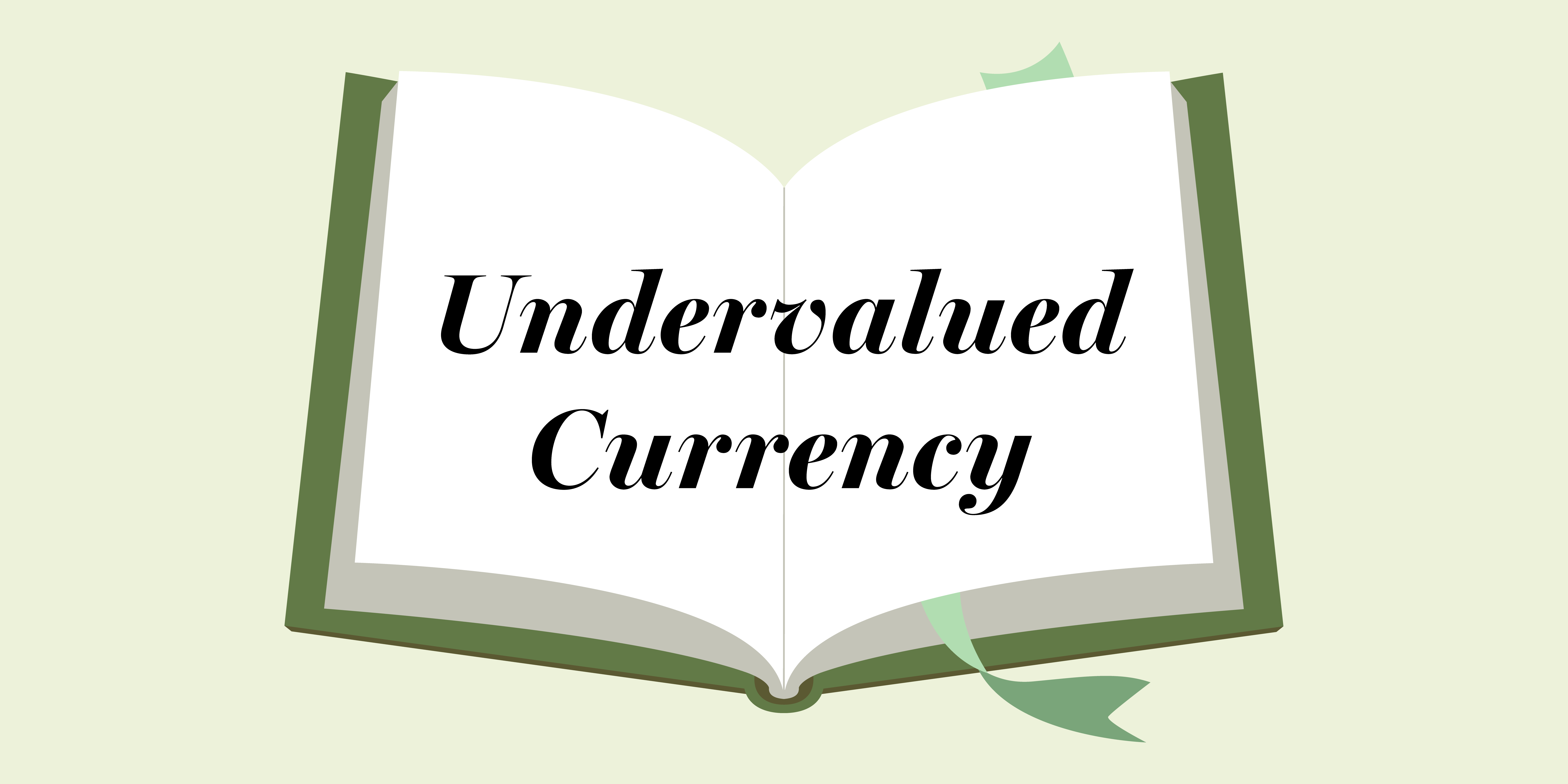A currency is said to be overvalued when its value in foreign exchange markets is higher than what it should be, based on economic factors. This means that your purchasing power is higher than it would be in other countries. For example, $5 in an overvalued currency would buy more goods and services than $5 in a fairly-valued or undervalued currency.
What causes this
- Monetary policy: Central banks can influence currency value through monetary policy. For example, raising interest rates can make a country’s currency more attractive to foreign investors, strengthening its currency.
- Government intervention: Governments may deliberately manipulate their currency’s value by buying or selling their own currency in foreign exchange markets to keep it high.
- Economic conditions: Factors like low inflation, robust economic growth, or low unemployment can make a currency more attractive to investors, leading to overvaluation.
- Trade deficit: Countries with more imports than exports (trade deficit) might have an overvalued currency because they are spending more on foreign goods and services, which keeps the demand for their currency high.
- Political stability and risk: Political stability and low perceived risks in a country can cause investors to move their money into that country’s currency, leading to appreciation.
Advantages
- Cheaper imports: An overvalued currency makes foreign goods and services cheaper for domestic consumers, which can reduce inflation and increase purchasing power.
- Travel benefits: It becomes more affordable for residents to travel abroad, as their currency buys more in foreign countries.
- Strong investor confidence: A strong currency can reflect positive investor sentiment, attracting more foreign capital into the country.
Disadvantages
- Reduced exports: An overvalued currency makes a country’s goods and services more expensive for foreign buyers, leading to lower export demand. This can slow economic growth, reduce jobs, and worsen the trade balance.
- Potential trade deficits: A strong currency can lead to an increase in imports and a decrease in exports, resulting in a trade deficit, which can be unsustainable in the long run.
- Economic dependency: Relying on strong currency-driven imports can make a country’s economy vulnerable to currency fluctuations and global market changes.
How to tell if a currency is overvalued
One of the ways to check if a currency might be undervalued is by using the Big Mac Index, created by The Economist. This index is designed to show whether a currency might be overvalued or undervalued compared to the U.S. dollar. It does this by comparing the price of a Big Mac in different countries. If a Big Mac is more expensive in Country A than in the United States, the local currency of Country A could be overvalued. If it’s cheaper, then the currency may be considered undervalued.




